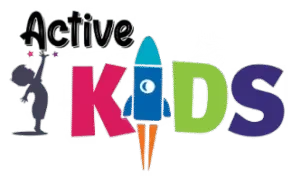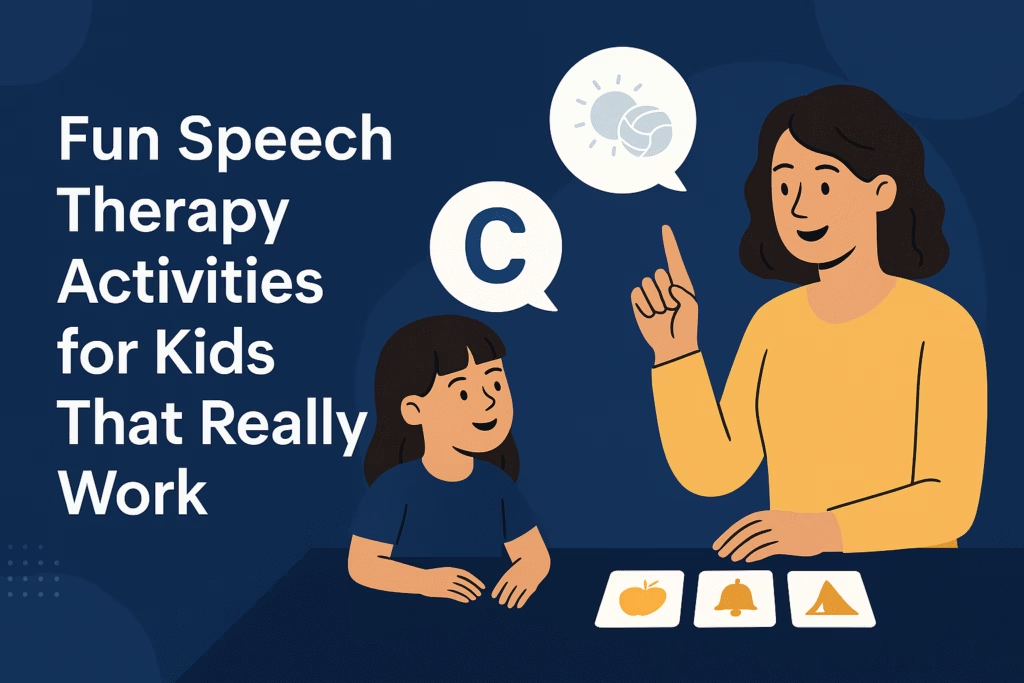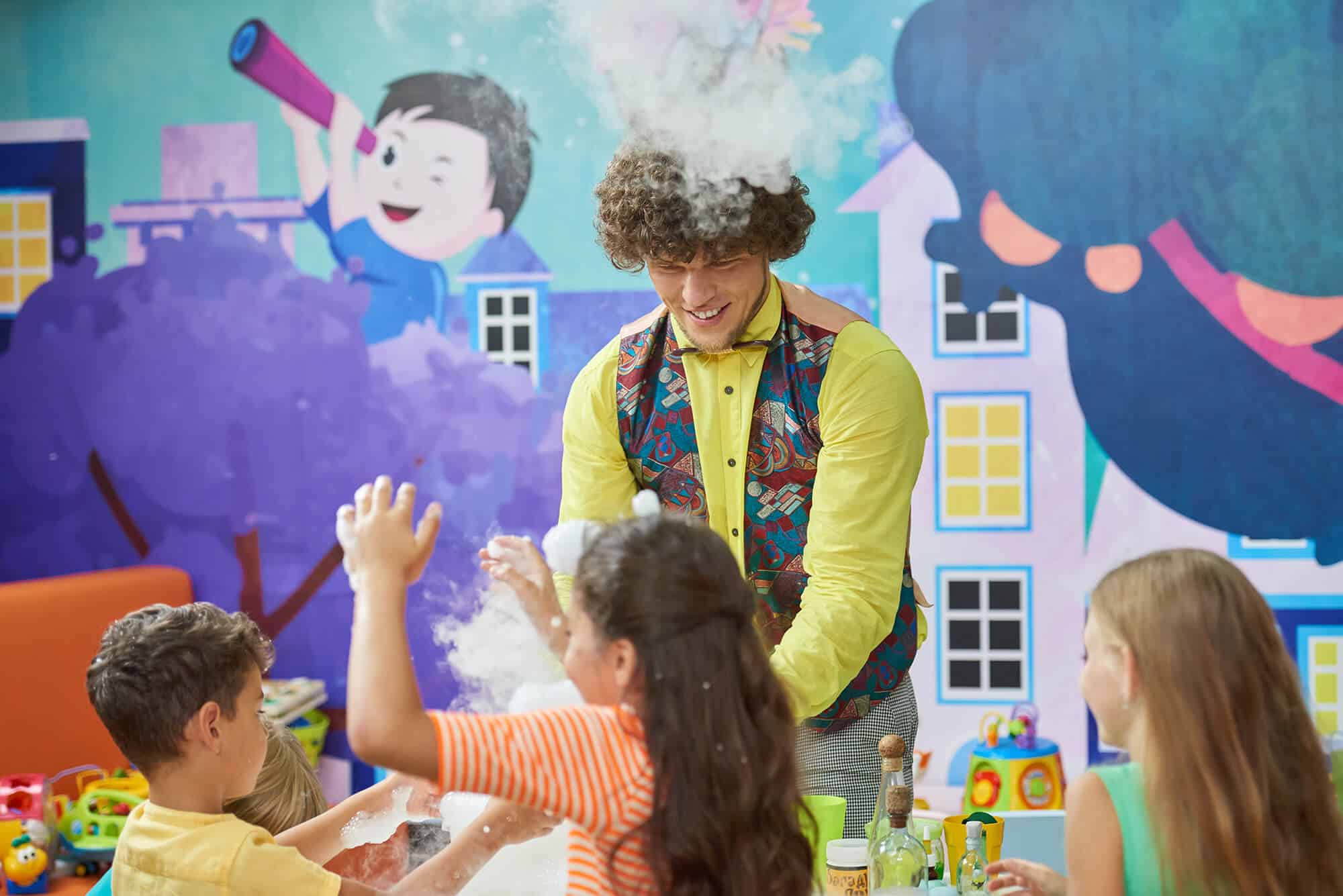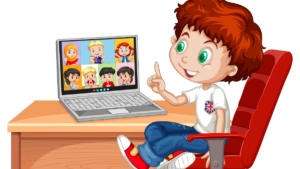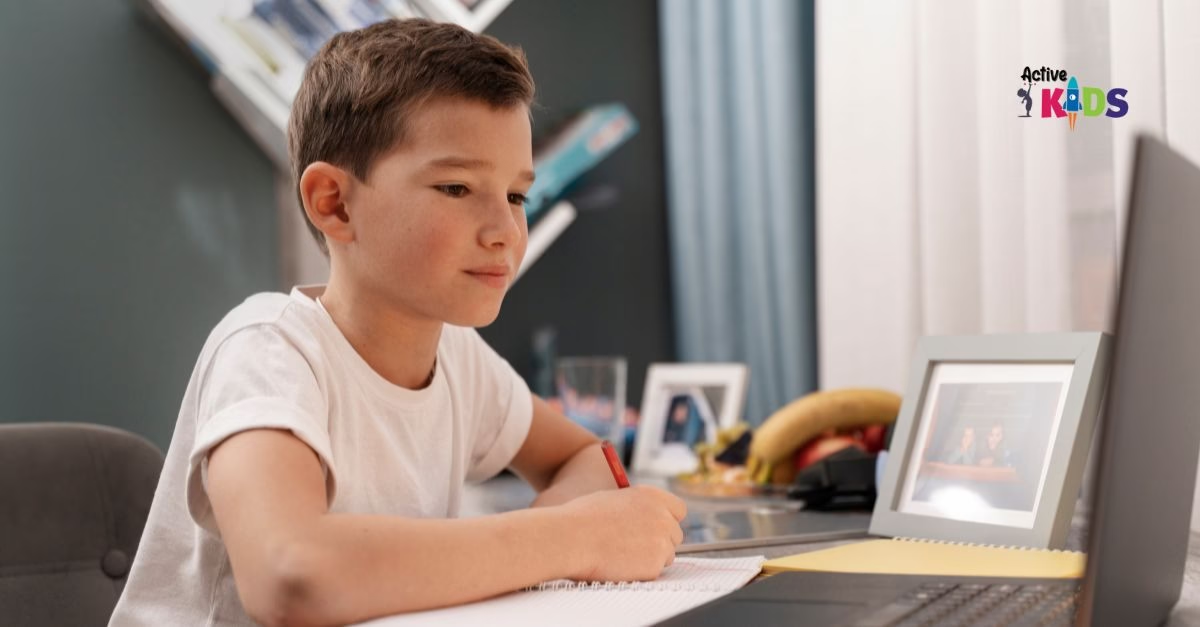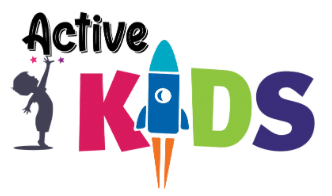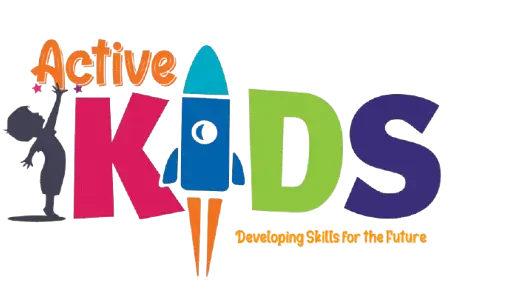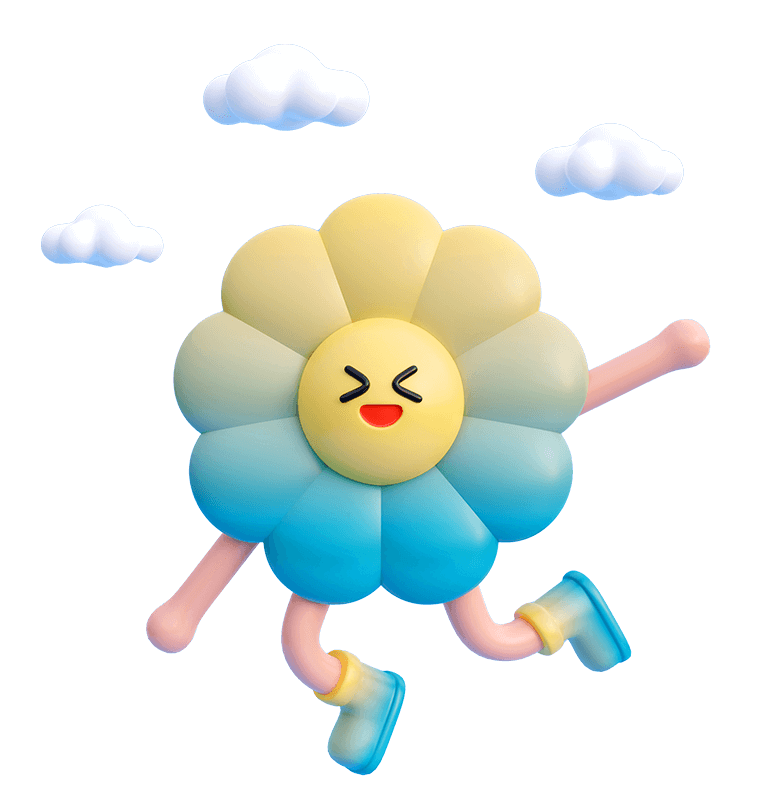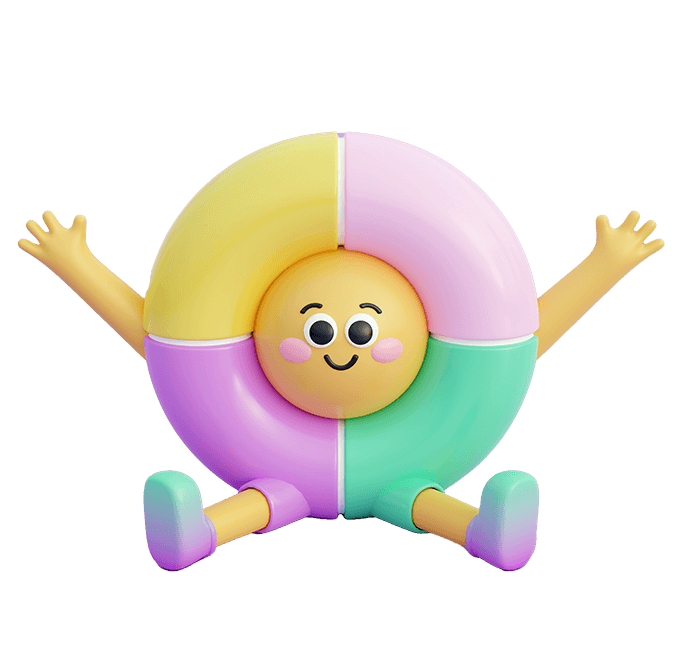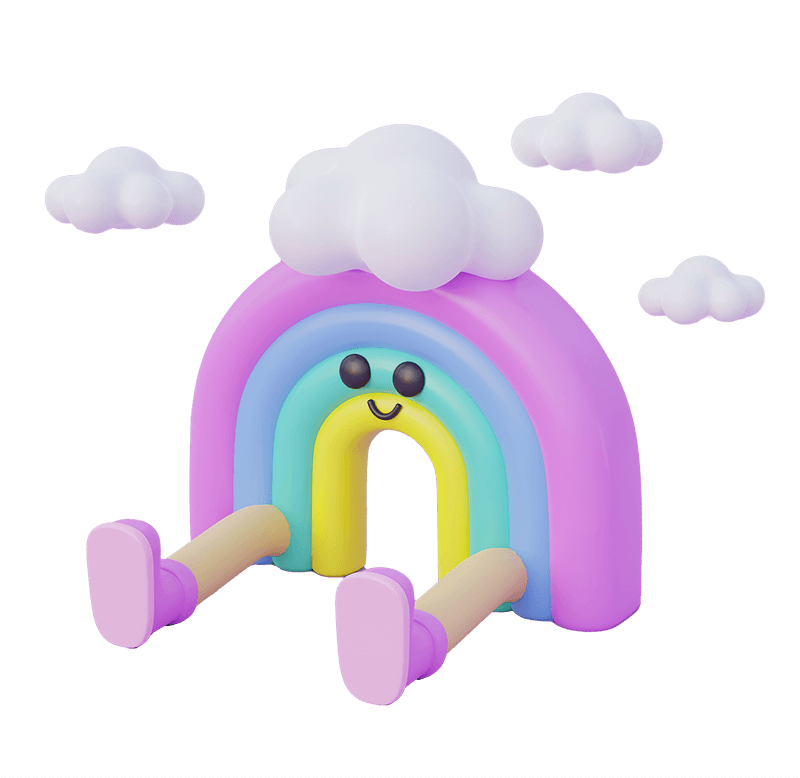Introduction
Ever noticed your child getting frustrated when trying to express themselves? Or maybe they avoid speaking because words just don’t come out the way they want? You’re not alone.
The great news is that speech therapy for kids doesn’t have to feel like homework. In fact, when therapy feels like play, kids learn faster and enjoy the process. That’s why today we’re sharing fun, proven speech therapy activities you can do right at home—activities that feel like games but deliver real results.
Whether you’re a parent looking for simple tools or just curious about how to make speech practice enjoyable, these ideas will help your child build confidence one playful step at a time.
1. Setting the Stage: Tips for Speech Practice at Home
Before diving into the games, let’s cover the basics of creating an encouraging speech-friendly environment:
Create a Safe & Encouraging Space
Kids thrive when they feel supported. Celebrate small wins, keep practice short and sweet, and use positive reinforcement. A mirror can also help them see how sounds are formed.
Make Practice Part of Everyday Life
Speech practice doesn’t need to happen only during “therapy time.” Use car rides, snack breaks, or even bath time to sneak in quick speech moments. For example, during snack time you might say, “Can you ask for ‘apple’?” and let your child repeat the word.
Align With Professional Goals
If your child already works with a therapist, ask for guidance on what sounds or skills to practice at home. That way, your games support their therapy goals. And if you’re looking for a structured path, check out our Speak & Shine program designed to guide families step by step.
2. Fun Speech Therapy Activities That Really Work
At Active Kids’ Speak & Shine program, we believe kids learn best when they’re having fun. That’s why our approach blends elocution, drama, and debate into engaging activities that not only improve clarity of speech but also build confidence and presence. Here are some playful activities inspired by our program that you can try at home:
1. Elocution Games
Practice pronunciation through poetry recitation, tongue twisters, or fun word drills. These sharpen diction and help kids speak with fluency.
2. Speech & Drama Play
Role-play everyday situations like being at a restaurant or acting out a short skit. Drama brings creativity into speech practice, teaching kids to use expression, pauses, and gestures naturally.
3. Debate for Kids
Encourage simple debates at home—like “Which fruit is better: apples or bananas?” Debates build persuasive speaking skills and teach kids to organize thoughts clearly.
4. Storytelling with Expression
Have your child retell their favorite story, but add a challenge: use dramatic pauses, hand gestures, or different character voices. This mirrors our drama modules that boost stage presence.
5. Interactive “I Spy” with Sounds
Adapt the classic game by focusing on sounds (“I spy something starting with ‘s’”). It’s playful and reinforces sound awareness, a foundation of clear speech.
All these activities echo what we do in Speak & Shine—helping kids speak boldly and shine brightly in any setting.
3. Tips to Make Activities More Effective
- Keep sessions short and fun (10–15 minutes works best).
- Use visual cues like gestures or pictures.
- Start small: work from sounds → words → sentences.
- Always end on a positive note so kids feel successful.
4. When to Seek Professional Help
Games and activities can work wonders, but sometimes professional support is needed.
Signs Your Child May Benefit From Therapy:
- Trouble pronouncing certain sounds after age 4–5
- Struggles to form sentences
- Stuttering that doesn’t improve
- Limited vocabulary for their age
If you notice these signs, it’s worth reaching out to a licensed speech therapist. Our Speak & Shine program helps families like yours with expert-guided support and fun-focused strategies.
5. FAQs
At what age should speech therapy start?
It can start as early as toddler years if concerns arise. The earlier the support, the better.
Can I do speech therapy at home?
Yes! With guidance, parents can reinforce skills using everyday activities.
How long until I see improvement?
Every child is different, but with consistency, small changes can be seen in just weeks.
Are games really effective for speech?
Absolutely. Play keeps kids engaged, which helps them practice more and retain what they learn.
Conclusion
Speech therapy doesn’t have to feel like a chore. With the right mix of play, patience, and practice, kids can unlock their communication skills while having fun.
So grab a game, blow some bubbles, or try a round of “I Spy” today. And if you’d like personalized guidance, our Speak & Shine program is here to help your child’s voice truly shine.
